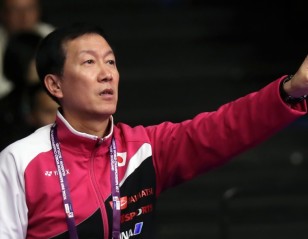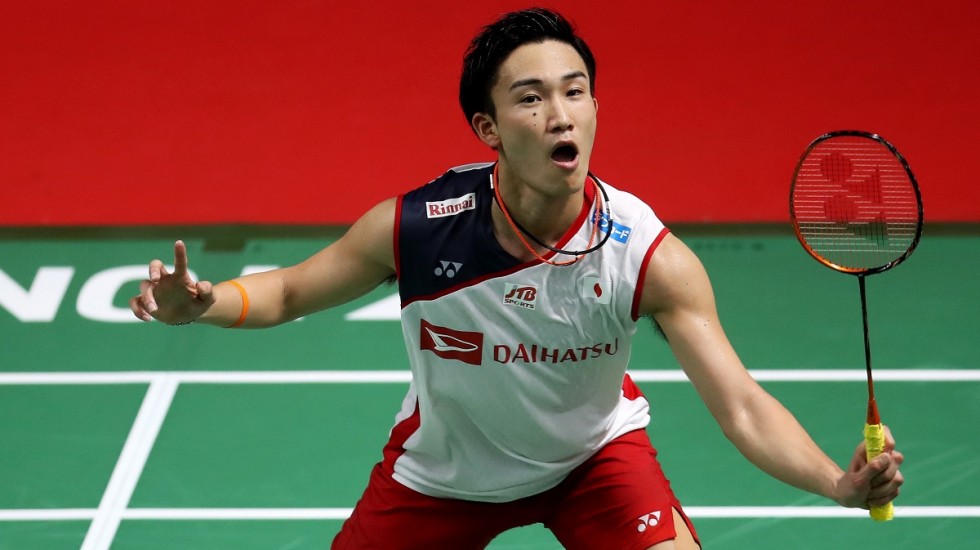
Men’s Singles at Sudirman Cup – A Form Guide
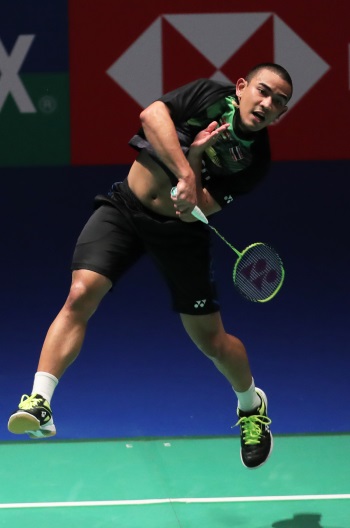
In a relatively young career so far, Kento Momota has achievements that many greats of the game do not. The World Championships gold (2018) and the Thomas Cup (2014) victory have placed him in a rare category of champions who are able to find success in both team and individual events.
In a few days, Momota will have an opportunity to further enhance his CV when he leads Japan into the TOTAL BWF Sudirman Cup 2019. Japan have never won the World Mixed Team Championships title; considering they have a stellar mix of characters in all five disciplines, this edition might present a golden opportunity. For that, much will depend on Momota’s golden touch in the singles.
The Japanese has an excellent record in team events. As a 20-year-old, Momota had an all-win record at the Thomas Cup in 2014. He won all three of his matches at the Sudirman Cup 2015 to help his team into the semifinals; at the last Thomas Cup in 2018, he once again kept a clean sheet, winning all six of his matches as Japan finished runners-up.
Momota is expected to be the key to Japan’s fortunes this time too. After some hiccups late last year and early this year, Momota has once again struck form, winning four of his last five tournaments.
Against his four possible singles opponents from Thailand and Russia in the group stage – Khosit Phetpradab, Sitthikom Thammasin, Kantaphon Wangcharoen and Vladimir Malkov – Momota hasn’t lost a game in ten matches. The Japanese will thus be confident of providing his team a strong start.
Phetpradab has been strangely off-key since his famous surge to the final of the Japan Open last September. Since then he has lost in ten first rounds and three second rounds; this year the only relief he had was making the quarterfinals of the India Open.
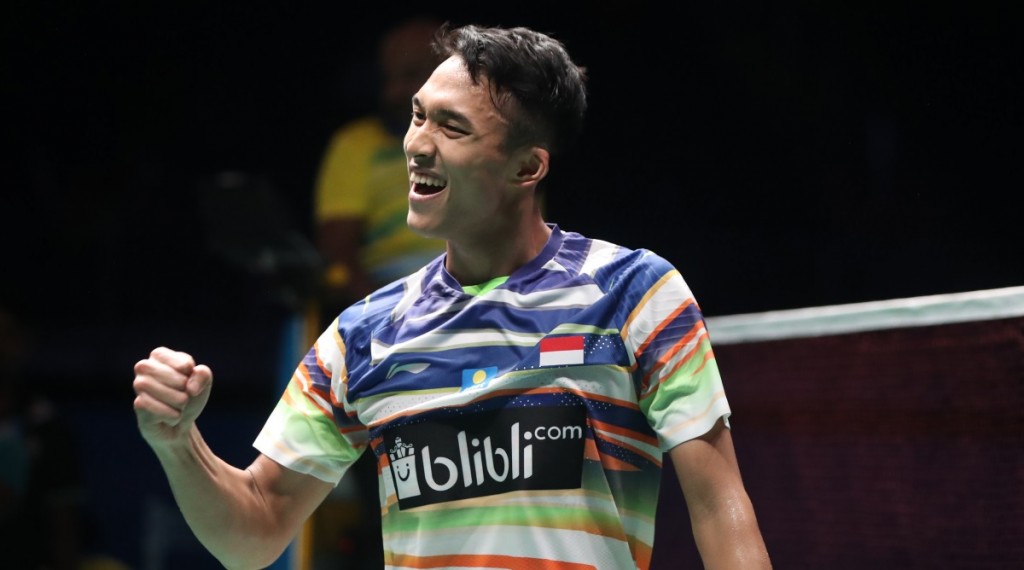
Wangcharoen too hasn’t had great luck, with his only notable result this year being a quarterfinal at the German Open.
Indonesia, in Group 1B, will be bristling with confidence in men’s singles, given that they have two players who are the faces of the emerging generation – Jonatan Christie and Anthony Sinisuka Ginting. Christie has developed into a more consistent player since his Asian Games gold medal; this year he made the semifinals of the Indonesia Masters and the Malaysia Open, and will arrive in Nanning with the New Zealand Open title under his belt.
Ginting has had more problems with consistency, but his Singapore Open performance – he reached the final – will give him plenty of confidence.
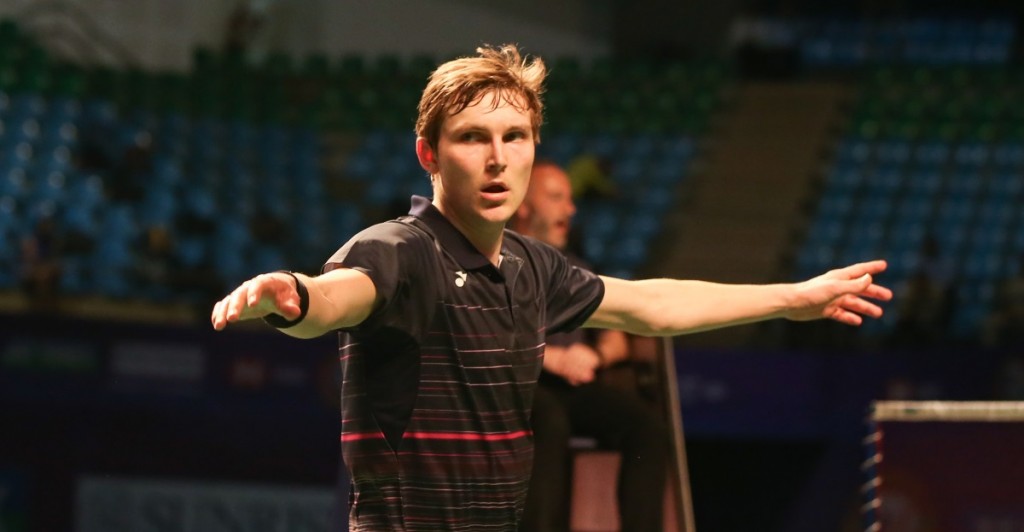
Denmark also have no problems in men’s singles, with Viktor Axelsen, Anders Antonsen and Rasmus Gemke in their ranks. Axelsen has been in fine fettle this season, while Antonsen, with his victory over Momota in the Indonesia Masters final, showed he has come of age.
England will miss the services of veteran warhorse Rajiv Ouseph, with Toby Penty taking over the reins. Currently No.65, Penty was quarterfinalist at the SaarLorLux Open and Canada Open last year.
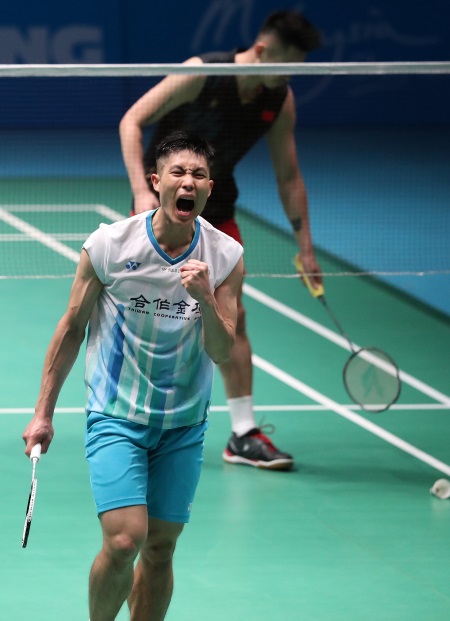
Chinese Taipei, in Group 1C, have two strong names in Chou Tien Chen and Wang Tzu Wei. Chou has had an up-and-down season, but he will arrive in Nanning after back to back semifinals at the Singapore Open and the Badminton Asia Championships.
Group mates Korea are without Son Wan Ho, who was critical to their success at the last Sudirman Cup. Lee Dong Keun is their next highest-ranked singles player at No.26. Lee’s last memorable performance was at the Japan Open last September, where he stunned Son Wan Ho and Kidambi Srikanth to make the semifinals. He will need to rediscover that kind of form if he has to inspire Korea past the group stage and beyond.
Hong Kong will depend heavily on Ng Ka Long Angus for a point. Angus is in good touch, having made the semifinals of the All England and the final of the New Zealand Open.
Group 1D is likely to feature some entertaining men’s singles battles. China will have to choose between Chen Long and Shi Yuqi; Shi has done marginally better than Chen this season with a title at the Swiss Open, semifinals at the All England and final at the Badminton Asia Championships, while Chen’s best performance was a runner-up spot at the Malaysia Open. Still, given Chen’s experience, China might favour his presence on court in a high-pressure tie.
India, with Kidambi Srikanth and Sameer Verma in their ranks, will be confident of a good show. Kidambi had fallen in several quarterfinals over the past year; his final run in India would have come as a big relief. Neither Kidambi nor Verma will be intimidated by their singles opponents, and are capable of carry India far in the draw.
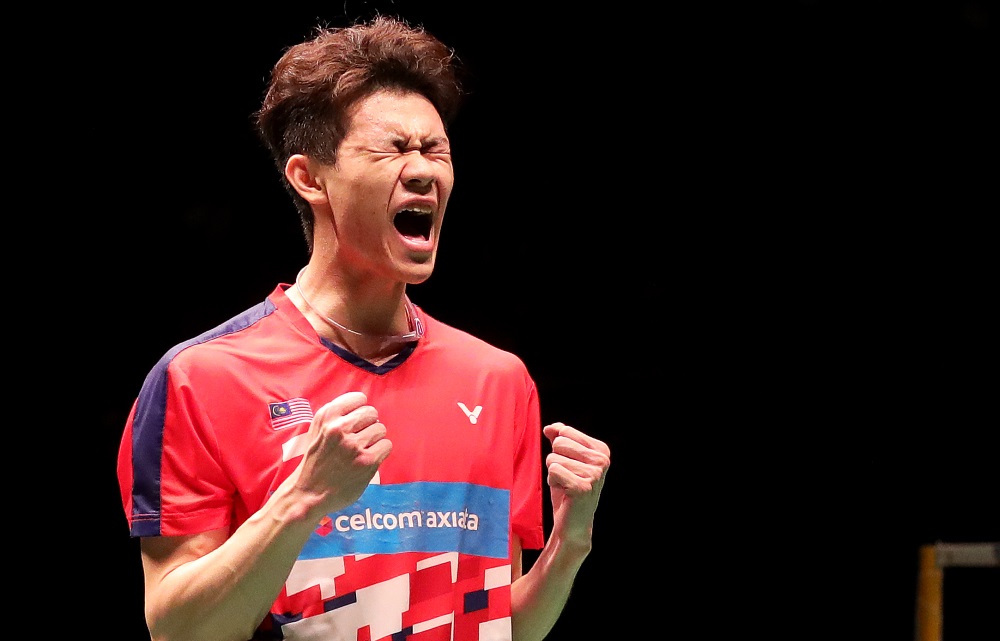
As for Malaysia, who are without their talisman Lee Chong Wei, the choice would be Lee Zii Jia (No.21).
Lee Zii Jia achieved a creditable win at the Chinese Taipei Open, followed by a final at the Korea Masters and four straight quarterfinals. Given Malaysia’s strength in men’s doubles and mixed doubles, the onus will be on the men’s singles to provide the fillip they will need to break through the group stage.
Sudirman Cup News
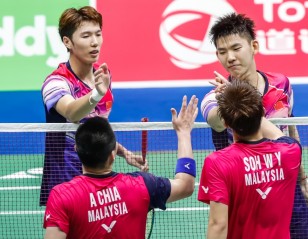
Sudirman Cup: The Most Thrilling Battles 5 June 2019
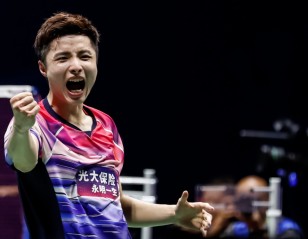
Stars Who Shone; Those Who Didn’t 4 June 2019
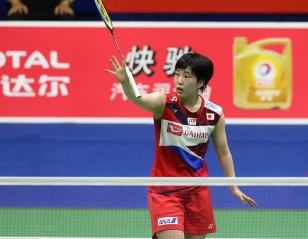
Key Moments: Chen vs. Yamaguchi – Sudirman Cup ‘19 30 May 2019
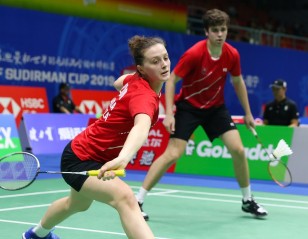
Slovakia Daring to Dream – Sudirman Cup ’19 28 May 2019
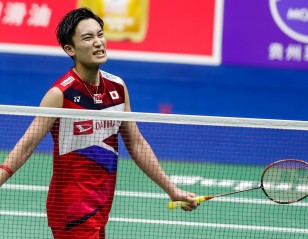
Key Moments: Shi vs. Momota – Sudirman Cup ‘19 28 May 2019
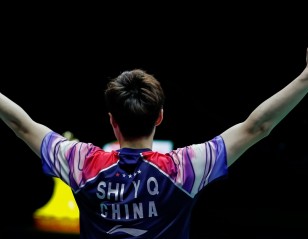
As It Happened CHN vs JPN – Sudirman Cup ‘19 27 May 2019
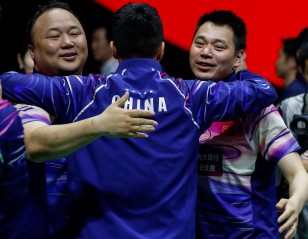
Celebrations and Concessions – Sudirman Cup ’19 26 May 2019
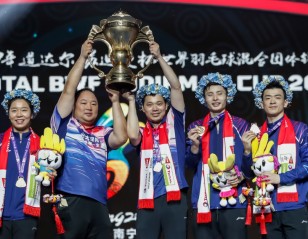
China’s Young Heroes Reclaim Title – Sudirman Cup ’19 26 May 2019
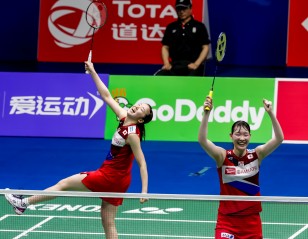
Park: We’re Going All Out! – Sudirman Cup ’19 25 May 2019
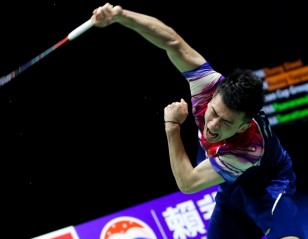
Big Guns Boom for China – Sudirman Cup ’19 25 May 2019
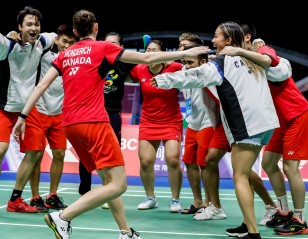
Brilliant Canada Top Group 2 – Sudirman Cup ‘19 25 May 2019
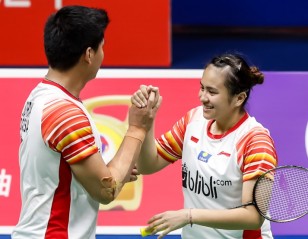
Indonesia Hobble Past Chinese Taipei – Sudirman Cup ’19 24 May 2019
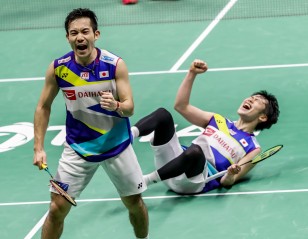
Japan Stay on Track – Sudirman Cup ’19 24 May 2019
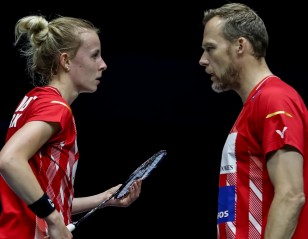
Jonassen: Young Generation ‘Hungry’ – Sudirman Cup ’19 24 May 2019
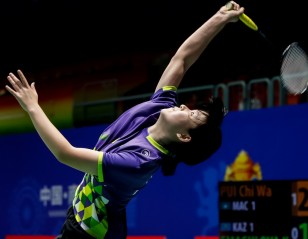
Another Teen Star in the Making – Sudirman Cup ’19 24 May 2019
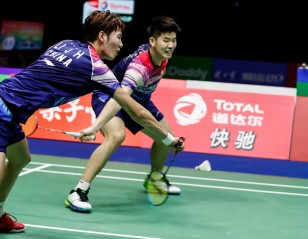
China Coast into Semis – Sudirman Cup ’19 23 May 2019
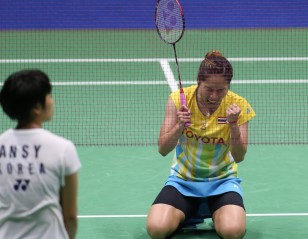
Defending Champs Trip Over Thailand – Sudirman Cup ’19 23 May 2019
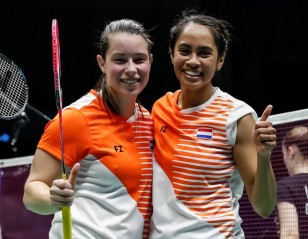
Netherlands Fight Back From Brink – Sudirman Cup ‘19 23 May 2019
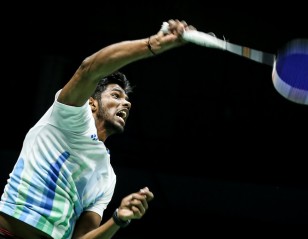
Rankireddy Impressive in Comeback from Fracture 23 May 2019
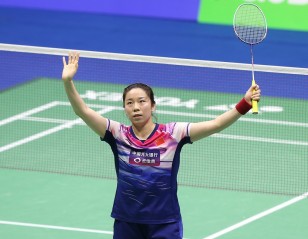
Final Eight Draw – Sudirman Cup ’19 23 May 2019
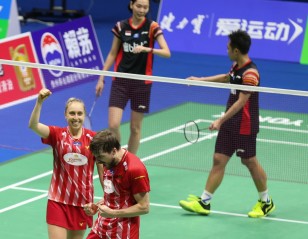
Danes Deliver! – Sudirman Cup ’19 22 May 2019
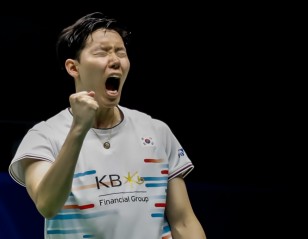
Korea Beat Chinese Taipei, Top Group – Sudirman Cup ’19 22 May 2019
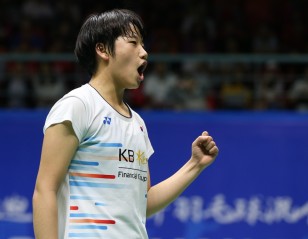
No Stopping An Se Young! – Sudirman Cup ’19 22 May 2019
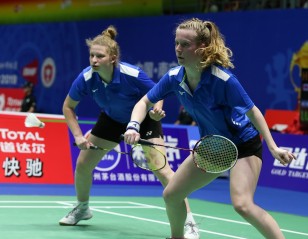
Israeli Youngster Embracing the Big Stage – Sudirman Cup ’19 22 May 2019
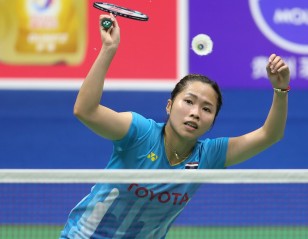
Thailand Thwart Russia – Sudirman Cup ’19 21 May 2019
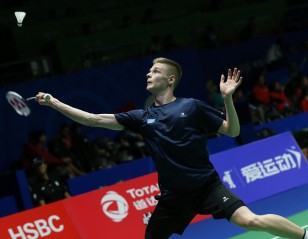
Pathway to Success for Kazakhstan – Sudirman Cup ’19 21 May 2019
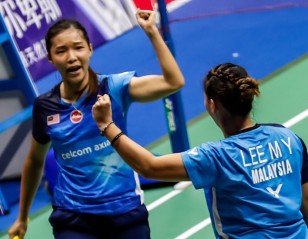
Malaysia Edge Past India – Sudirman Cup ’19 21 May 2019
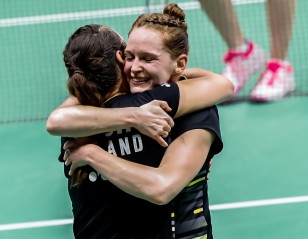
Continental Conquest! – Sudirman Cup ’19 20 May 2019
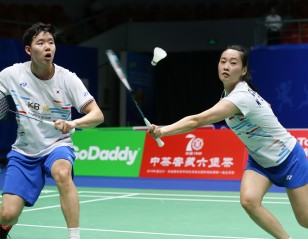
Korea into Quarters – Sudirman Cup ’19 20 May 2019
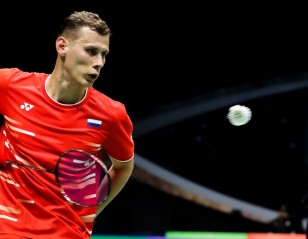
China Club Stint Powers Malkov – Sudirman Cup ’19 20 May 2019
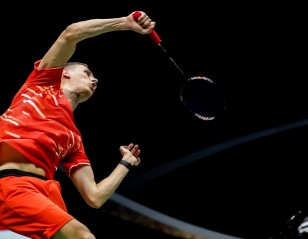
Wake-Up Call for Japan – Sudirman Cup ’19 20 May 2019
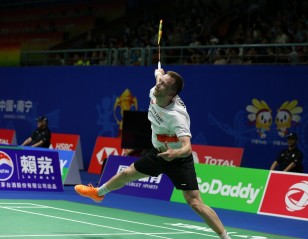
‘Greatest moment ever’ says Greenland – Sudirman Cup ’19 20 May 2019
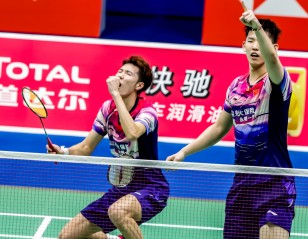
China Brush Off Scare – Sudirman Cup ’19 19 May 2019
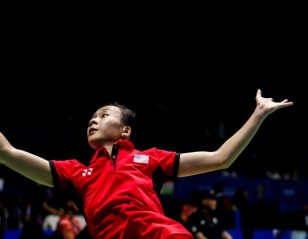
Iris Wang Unable to Resist Badminton’s Lure – Sudirman Cup ’19 19 May 2019
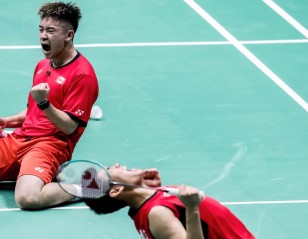
Thrilling Win for Canada – Sudirman Cup ’19 19 May 2019
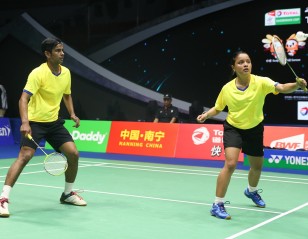
Learning Curve for Nepal – Sudirman Cup ’19 19 May 2019
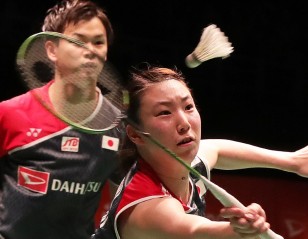
Mixed Doubles at Sudirman Cup – A Form Guide 19 May 2019
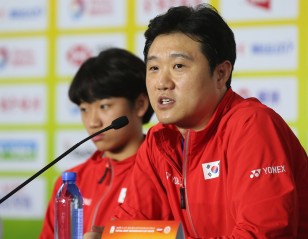
Speaking Their Minds – Sudirman Cup ’19 18 May 2019
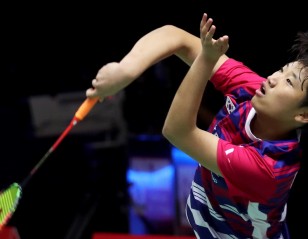
Women’s Singles at Sudirman Cup – A Form Guide 18 May 2019
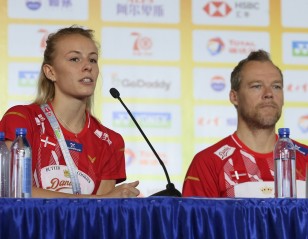
Denmark in Transition Phase – Sudirman Cup ’19 18 May 2019
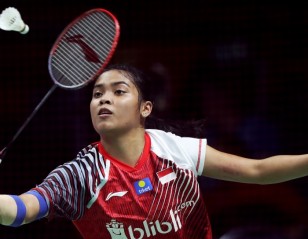
Indonesia Hold the Aces in Group 1B 17 May 2019
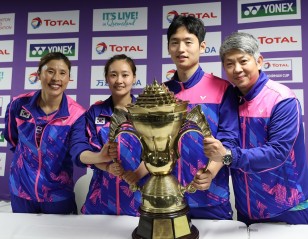
Final Preparations on Sudirman Cup Eve 16 May 2019
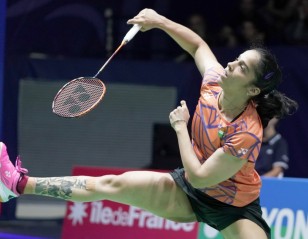
India-Malaysia Duel Likely to Decide Group 1D 15 May 2019
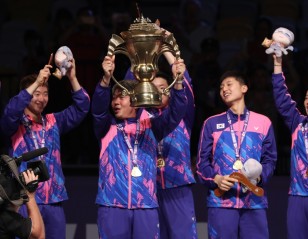
A Twist in the Tale – Sudirman Cup in the 2010s 15 May 2019
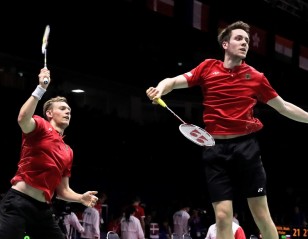
Spotlight On Canada-Germany Clash 11 May 2019
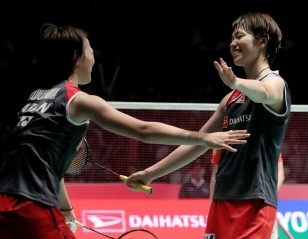
Women’s Doubles at Sudirman Cup – A Form Guide 10 May 2019
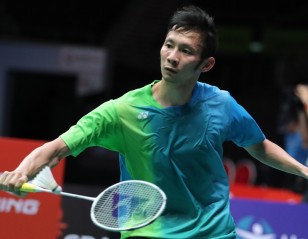
Tight Contest Expected between Netherlands, France 9 May 2019
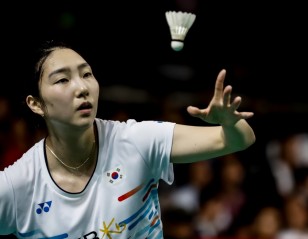
Sung’s Pullout a Setback for Korea in Group 1C 8 May 2019
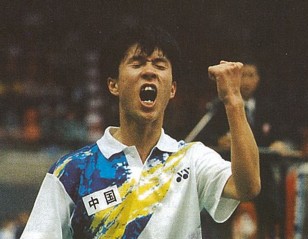
The Clash of Powerhouses – Sudirman Cup in the 90s 7 May 2019
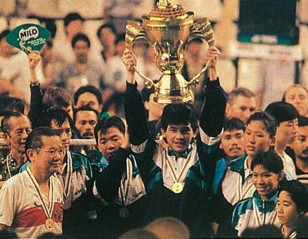
Glory on Home Soil – Sudirman Cup ’89 3 May 2019
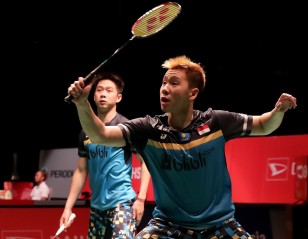
Men’s Doubles at Sudirman Cup – A Form Guide 2 May 2019
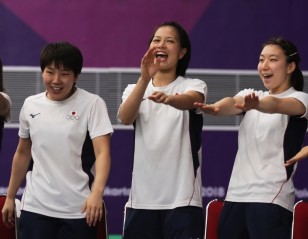
Spotlight on Japan, China – Sudirman Cup ’19 30 April 2019
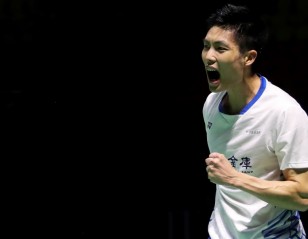
Chinese Taipei Can Go Far – Sudirman Cup ’19 27 April 2019
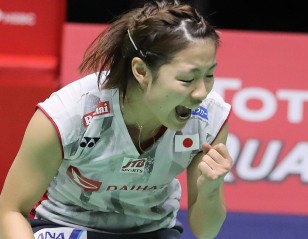
Everybody Wants to Beat Japan, Says Okuhara 26 April 2019
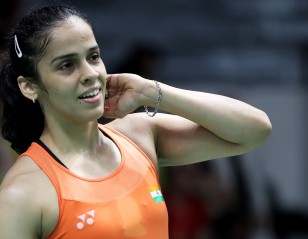
Title Triumph Not Far Away, Says Nehwal 25 April 2019
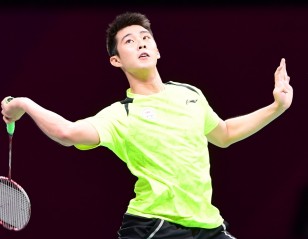
Loh Looks Forward to Team Challenge 24 April 2019
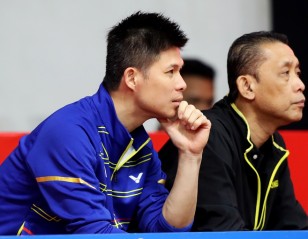
‘Team Spirit and Self-Belief are Important’: Wong Choong Hann 23 April 2019
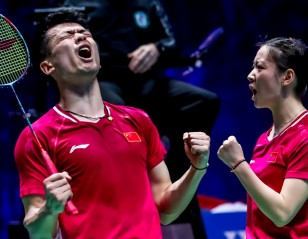
China’s Trump Cards – Zheng & Huang 22 April 2019
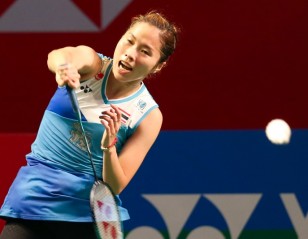
Intanon Optimistic About Thailand’s Chances 21 April 2019
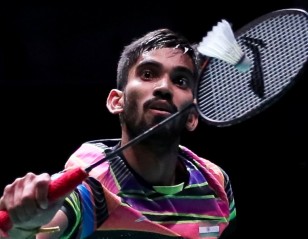
Kidambi Keen to Lead India to Team Glory 20 April 2019
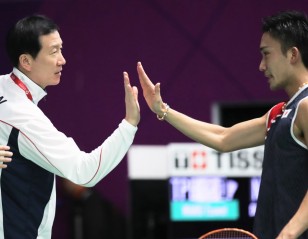
Month-Long Countdown Begins for Sudirman Cup 19 April 2019
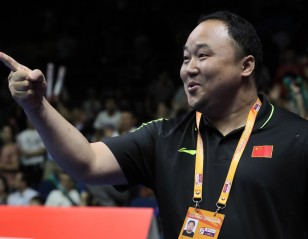
‘Looking to Convert Pressure into Motivation’: Zhang Jun 19 April 2019
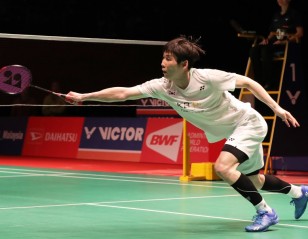
Setback for Korea’s Sudirman Cup Preparations 25 March 2019
Early Test for Hosts China: Sudirman Cup Draw 19 March 2019

Japan Get Top Billing – Sudirman Cup 11 March 2019

Hosts Ready as Sudirman Cup Countdown Begins 20 February 2019
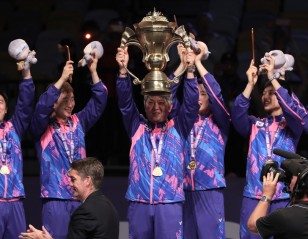
Sudirman Cup Attracts 32 Entries 18 February 2019

GoDaddy Extends Major Events Partnership with BWF 11 February 2019
